Bed Bugs usually hide during the day and are active at night in order to feed on the blood of people as they sleep. Their average feeding time is from three to ten minutes. Most bedbug bites are painless and go unnoticed, although they can sometimes cause skin reactions, leaving red, itchy welts or blisters.
How to Treat Bed Bug Bites
If you experience itchy spots or blisters after sleeping, they may be caused by bedbug bites. Unlike mosquitoes and flies, bed bugs are not known to spread bloodborne pathogens, yet the bites can be painful and may cause infection in people who are sensitive to them.
Looking for a Solution?

To relieve symptoms and help reduce the chance of infection, you may want to try an over-the-counter medication (but it’s always best to check with your doctor before using any new medications, and be sure to discuss any persistent symptoms with a medical professional)*:
- Apply an antihistamine cream to help relieve pain and itching.
- Take an oral antihistamine, which can also help with the sensation of itching and/or burning.
- Use a pain reliever to reduce swelling, irritation, and discomfort.
Aside from medication, there are other methods you can try to relieve the affected areas.
*Please note, this does not constitute or replace the medical advice of a qualified medical professional. Always check with your doctor or another healthcare professional before taking any new medications.
- Use a cold compress to help reduce the inflammation.
- Avoid scratching the affected area, as scratching will increase the inflammation and risk of infection if the skin breaks.
- Peppermint essential oil provides relief for the pain and itchiness due to its anti-inflammatory benefit, but as it is highly potent, be sure to dilute with a carrier oil such as jojoba or almond to avoid irritating skin further.1 Be sure to consult your doctor if irritation occurs.
- Besides being antimicrobial, tea tree oil also has properties that help with swelling and itching.2
Please note:
- Keep oils safe and out of reach. Always consult a doctor when using essential oils on children, no matter what age. The same goes for a veterinarian for dogs. Cats should never be exposed to essential oils.
- Peppermint oil is toxic to dogs and cats and not safe for children under 30 months.
- Tea tree oil is toxic to dogs and cats.

Stop Bed Bugs In Their Tracks
While all of the above are effective treatments for bed bug bites, far and away the best solution is prevention. Bed bugs are highly resilient and can live without a meal for as long as one year. Thus, the best way to avoid getting bitten in the first place is to ensure that you’re taking the right precautions to protect your home.
The Environmental Protection Agency recommends the following steps on how to prevent bed bugs in your home and reduce your chances of a full-blown infestation:
- Inspect secondhand furniture, especially items like beds and sofas, for signs of bed bug infestation before you bring them into your home.
- If you already suspect a bed bug infestation, encase your mattress and box spring in a high-quality, light-colored protective cover. Inspect the cover periodically for holes, and replace it as needed.
- Reduce bed bugs’ hiding places. Maintaining a clutter-free home makes it easier to find and treat bed bug infestations. Vacuum regularly.
- If you use shared laundry facilities, stay vigilant. Use plastic bags to transport dirty laundry, and use a new bag to take home clean laundry if you have an active infestation. Use high heat, which can kill bed bugs, to dry items.
- For multifamily dwellings, isolate your unit.
- Install door sweeps to keep bed bugs from easily traveling to or from your unit.
- Seal cracks and crevices around your home. Check baseboards and around electrical sockets.
To avoid bringing home bed bugs as unwanted souvenirs of your travels, take the following precautions:
- Inspect hotel room beds. Check mattress seams and underneath fitted sheets for signs of a bed bug infestation. Alert the hotel concierge or host if you find evidence of bed bugs.
- Keep suitcases in the bathtub. Instead of placing your belongings on a chair or on the floor, place suitcases in the shower stall or bathtub to avoid bed bug hitchhikers.
- Carry bed bug repellent and use while traveling. Spray linens and mattresses before turning in for the night.

- “Peppermint Oil,” National Center for Complementary and Integrative Health, National Institutes of Health, last modified December 1, 2016, https://nccih.nih.gov/health/peppermintoil.
- “Protecting Your Home from Bed Bugs,” EPA, Environmental Protection Agency, last modified July 15 2020, www.epa.gov/bedbugs/protecting-your-home-bed-bugs.
- C. F. Carson, K. A. Hammer, and T. V. Riley, “Melaleuca alternifolia (Tea Tree) oil: a Review of Antimicrobial and Other Medicinal Properties,” Clinical Microbiology Reviews 19, no. 1 (January 2006): 50–62, https://doi.org/10.1128/cmr.19.1.50-62.2006.



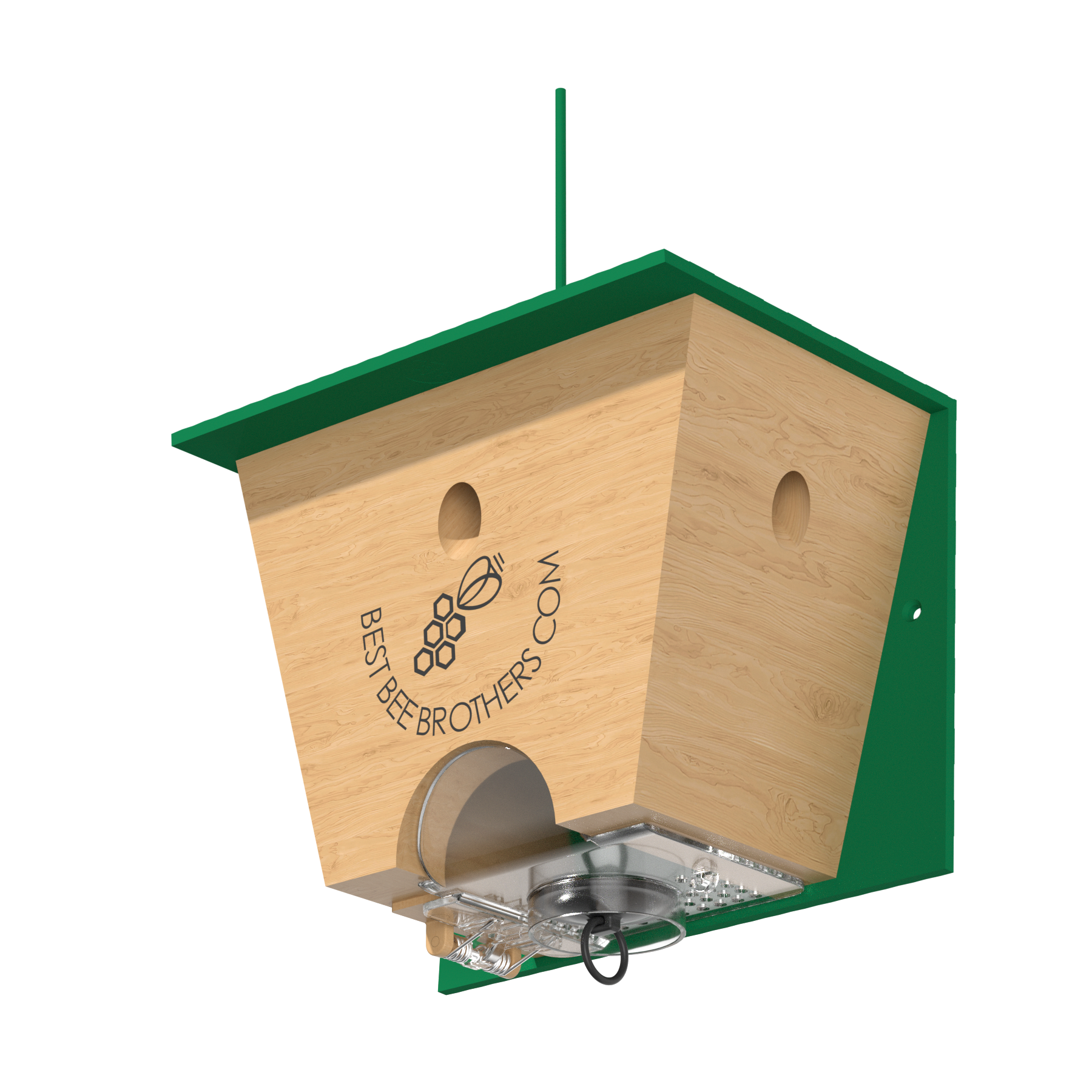

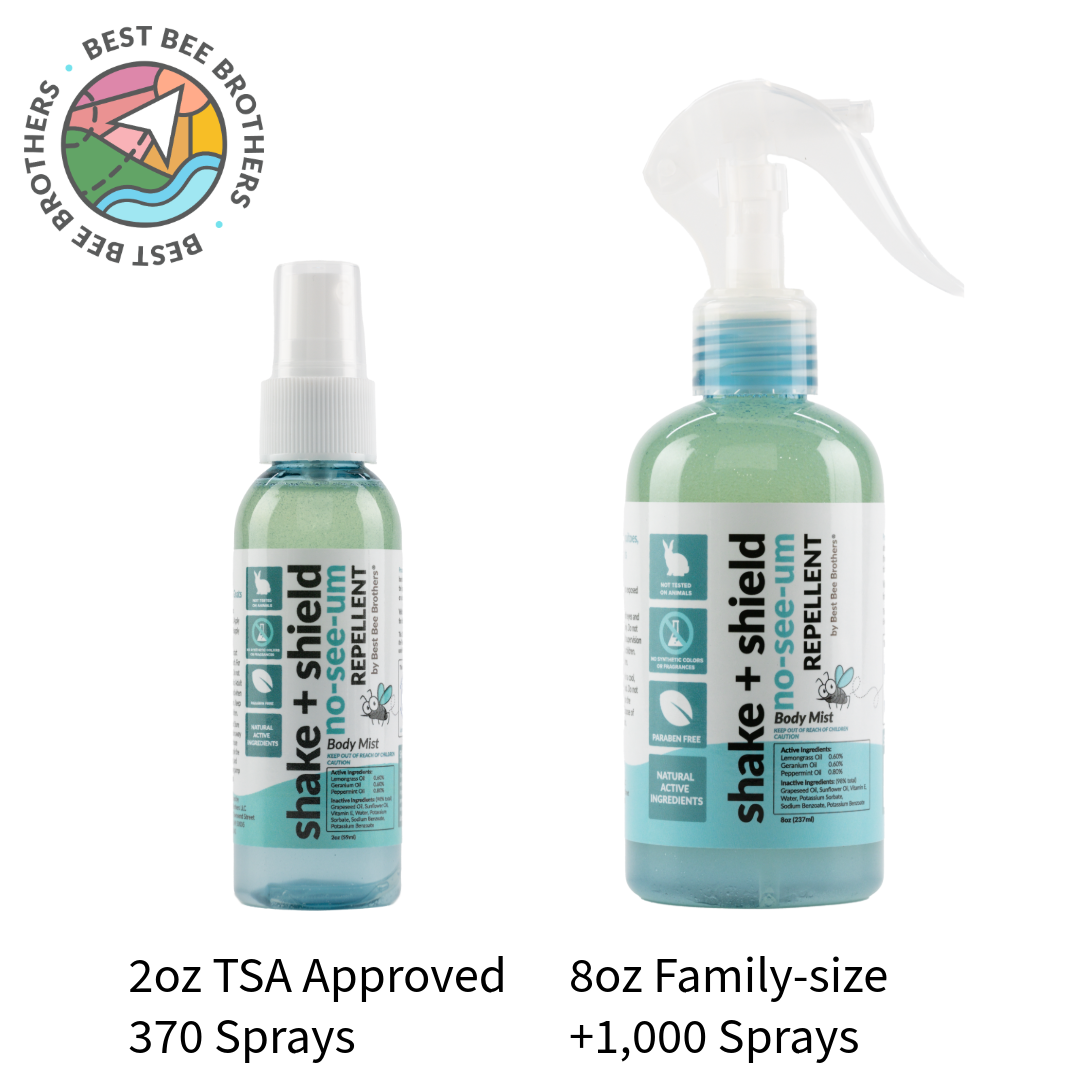
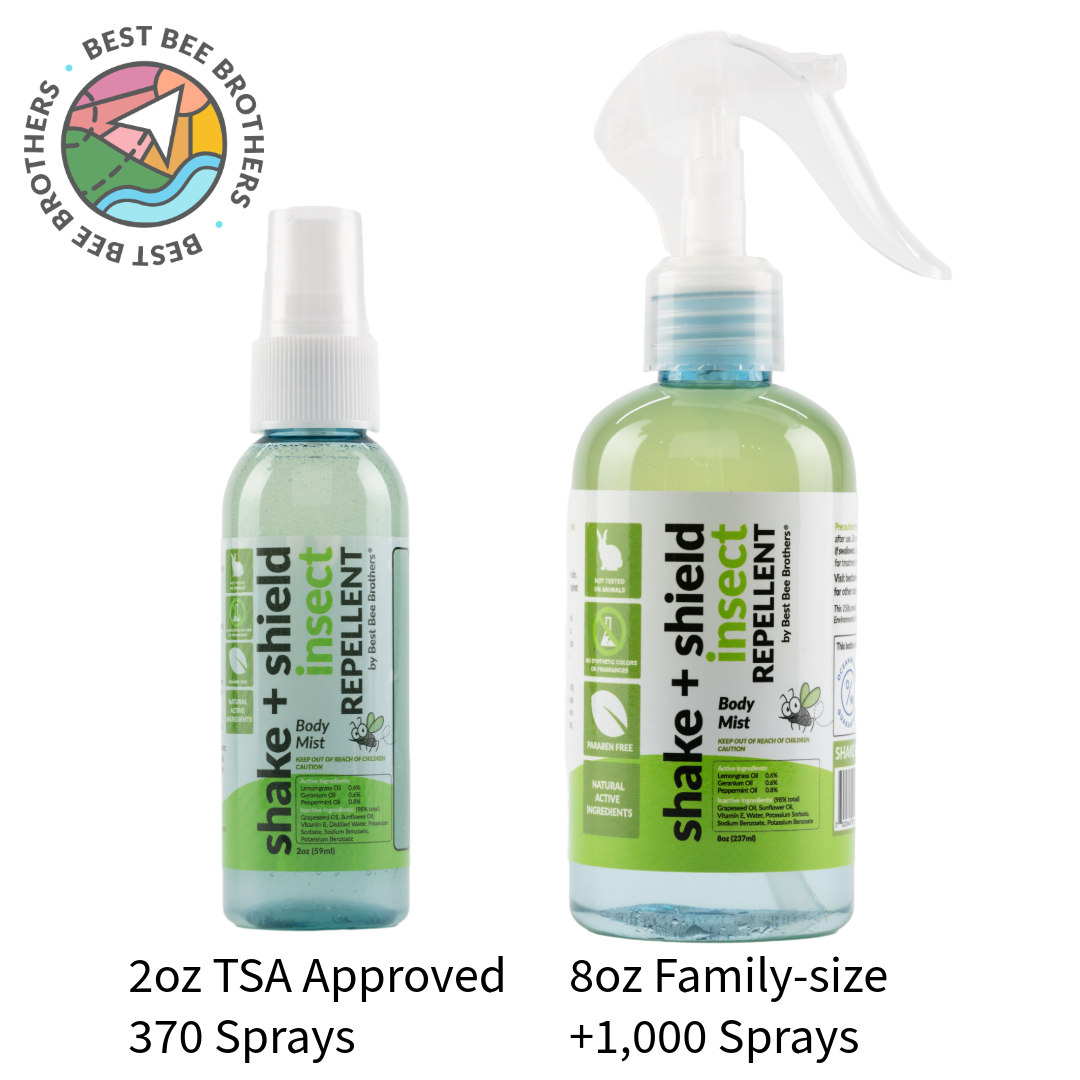
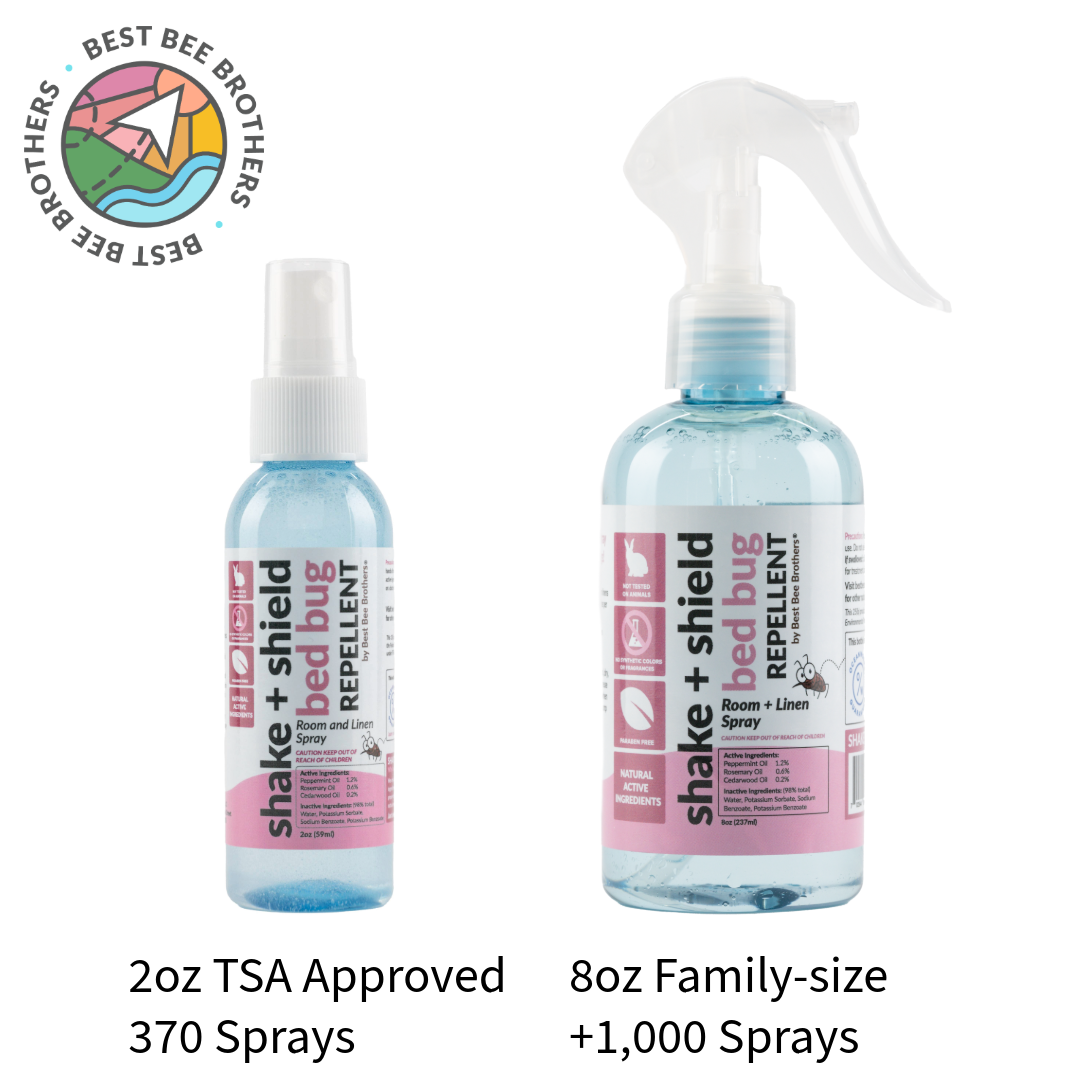
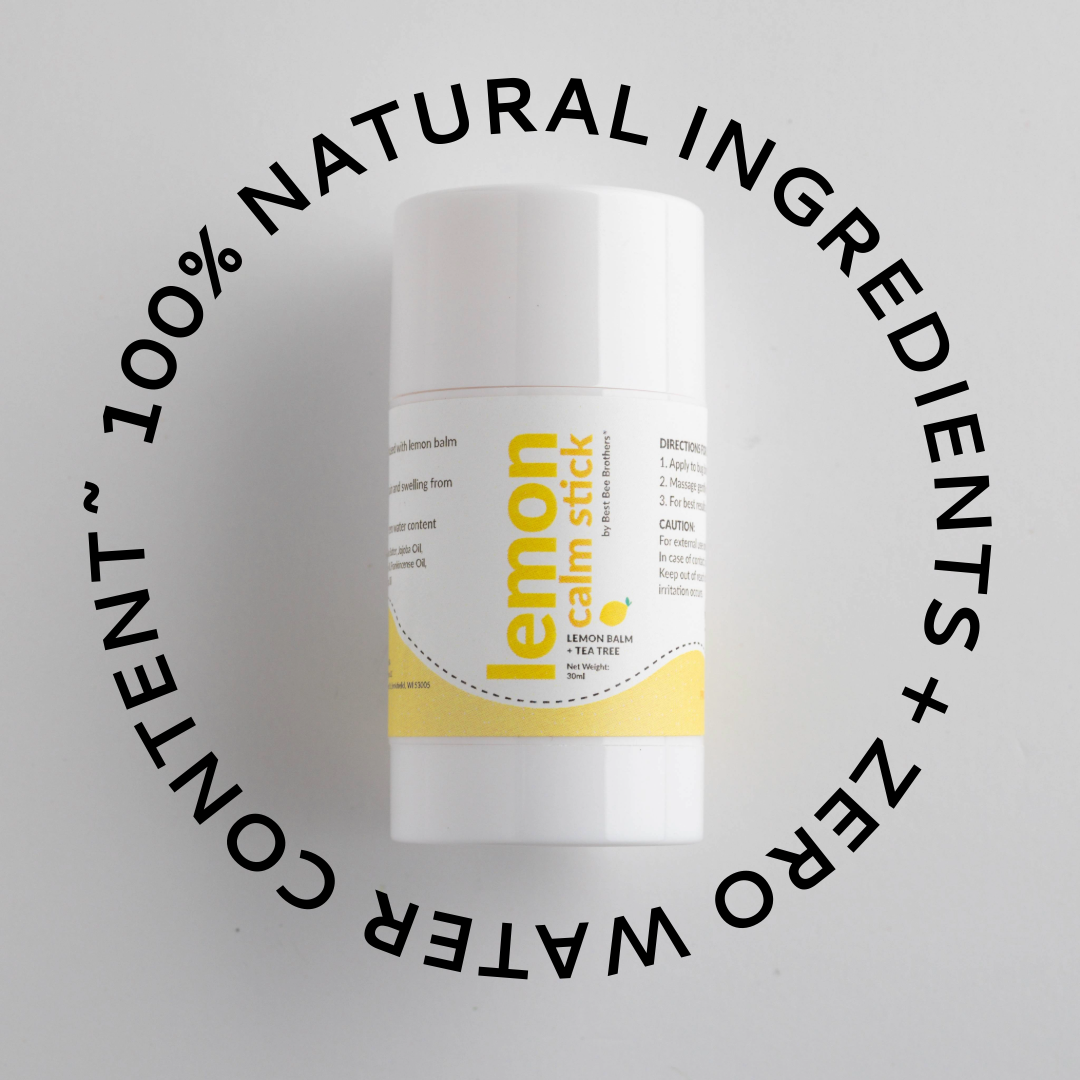
Leave a comment
All comments are moderated before being published.
This site is protected by hCaptcha and the hCaptcha Privacy Policy and Terms of Service apply.